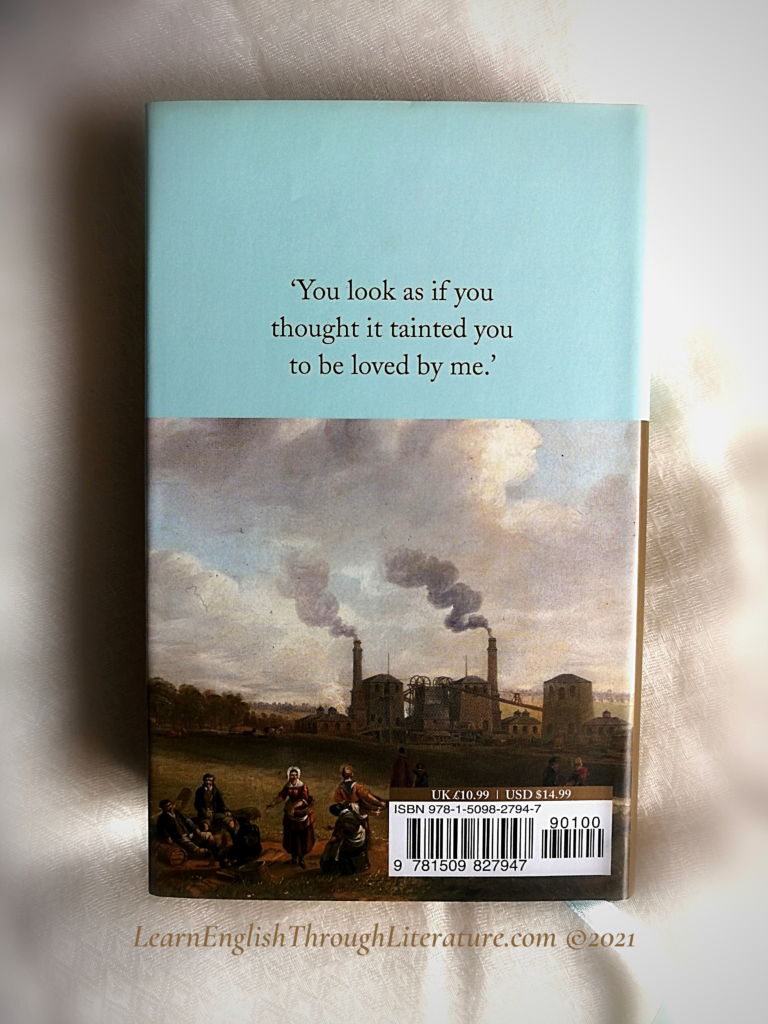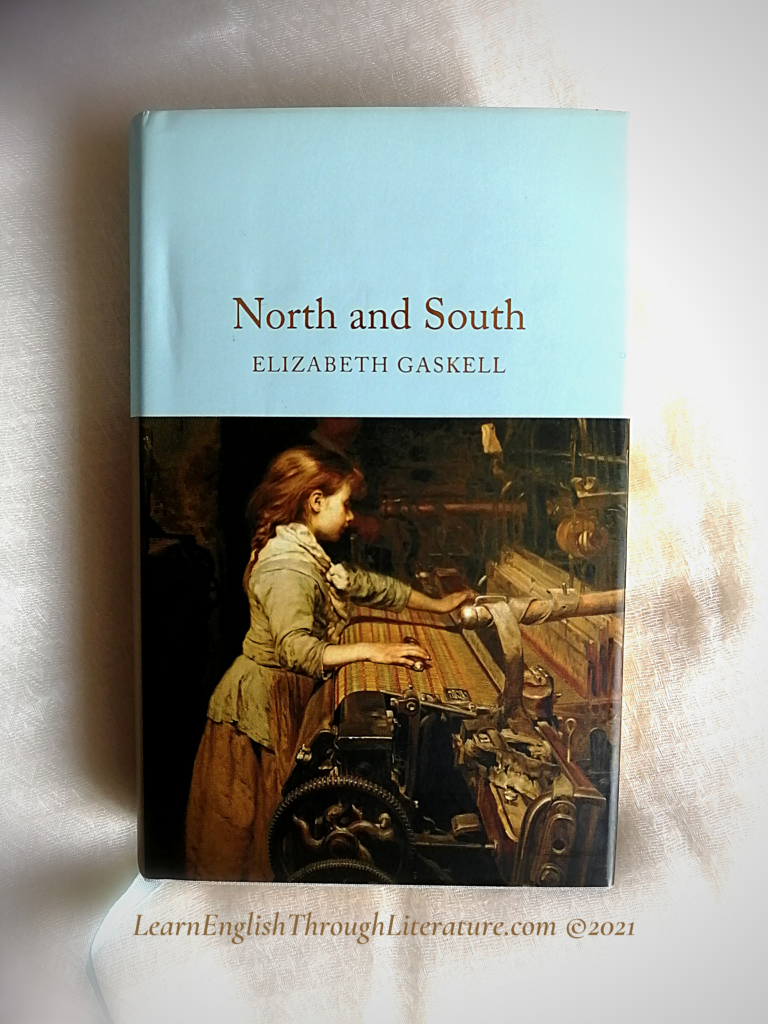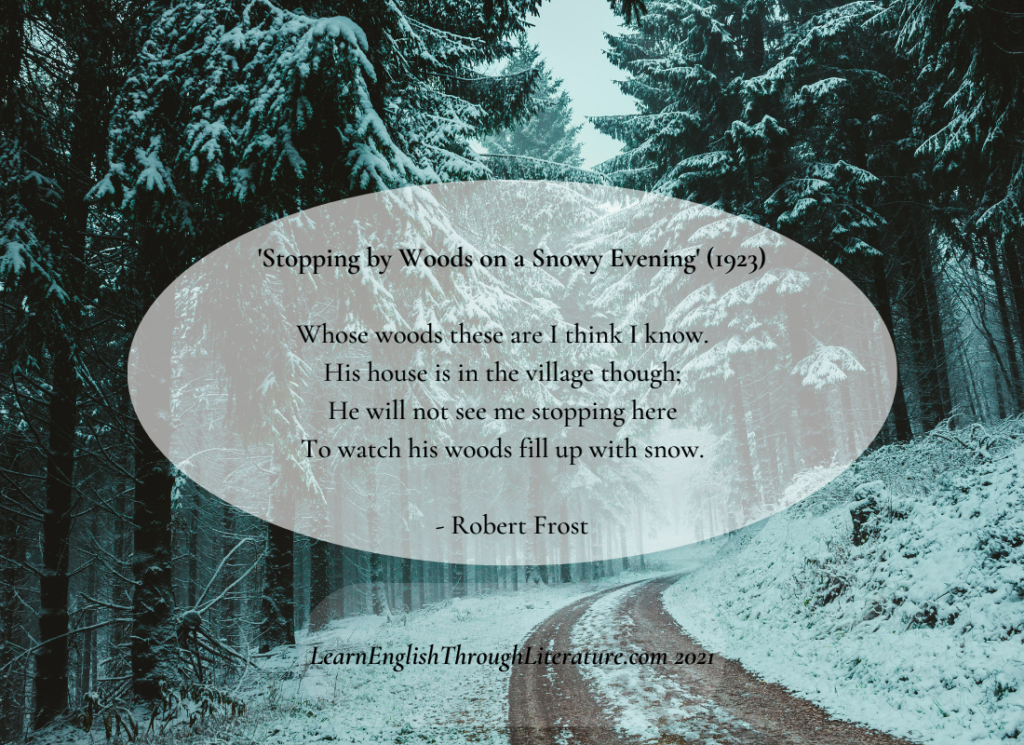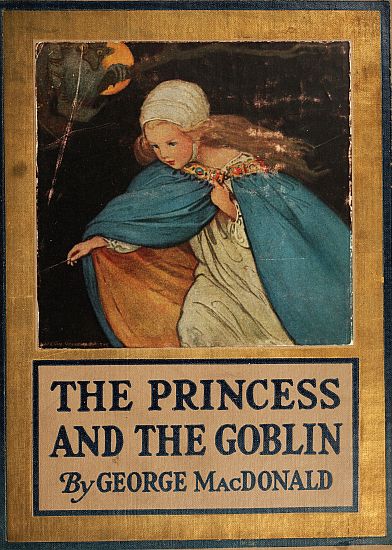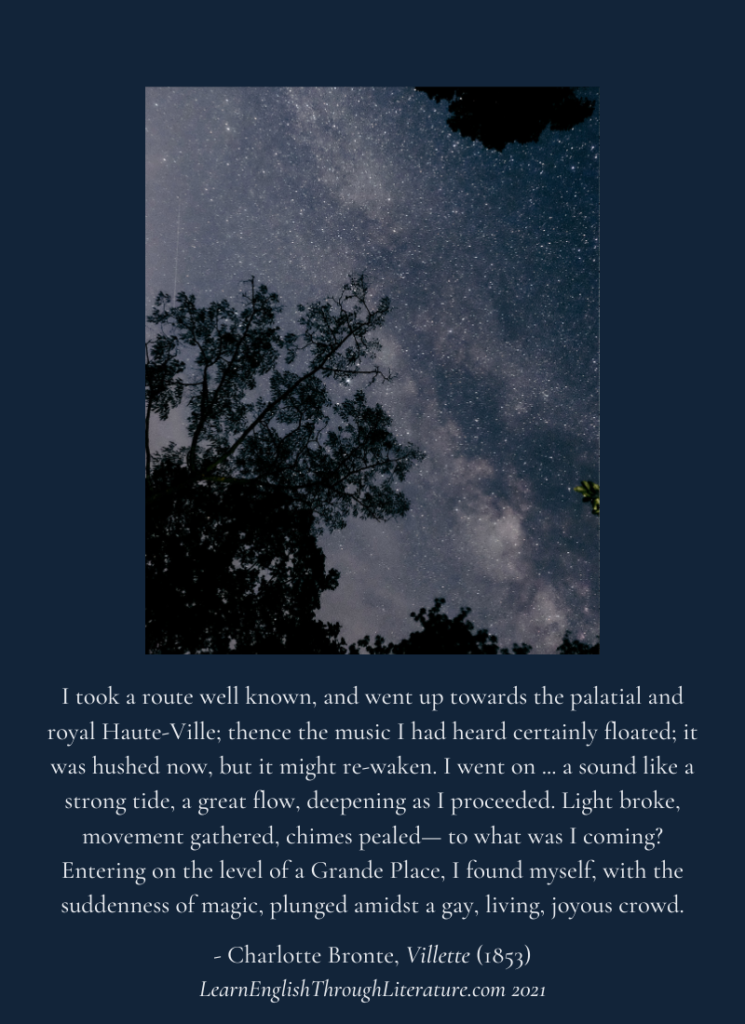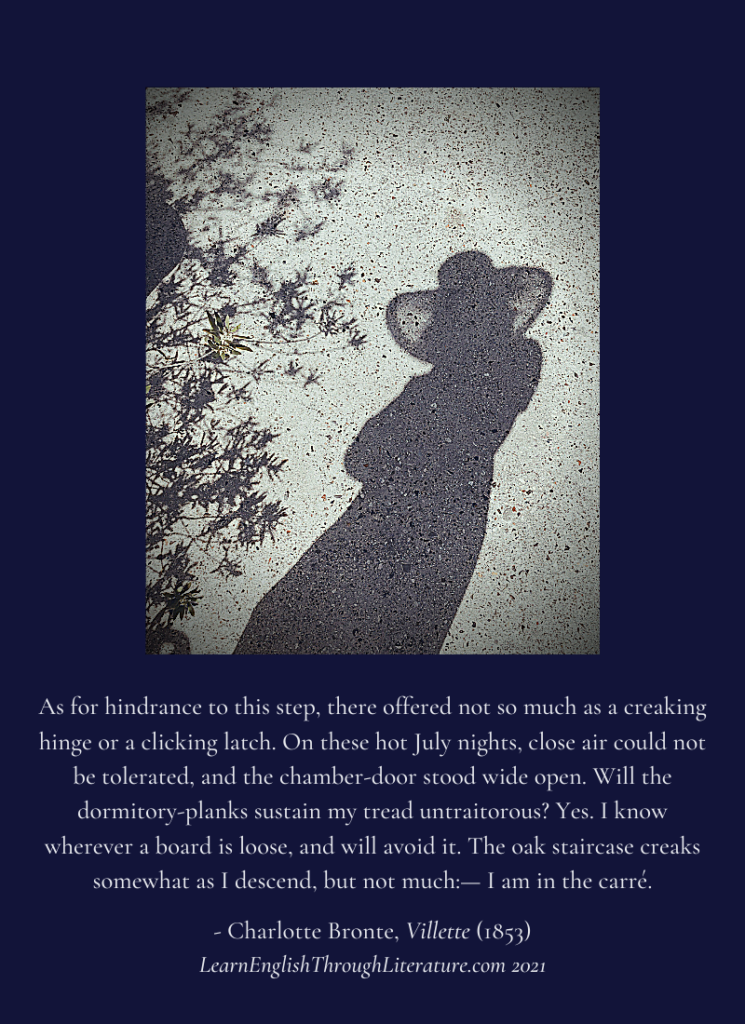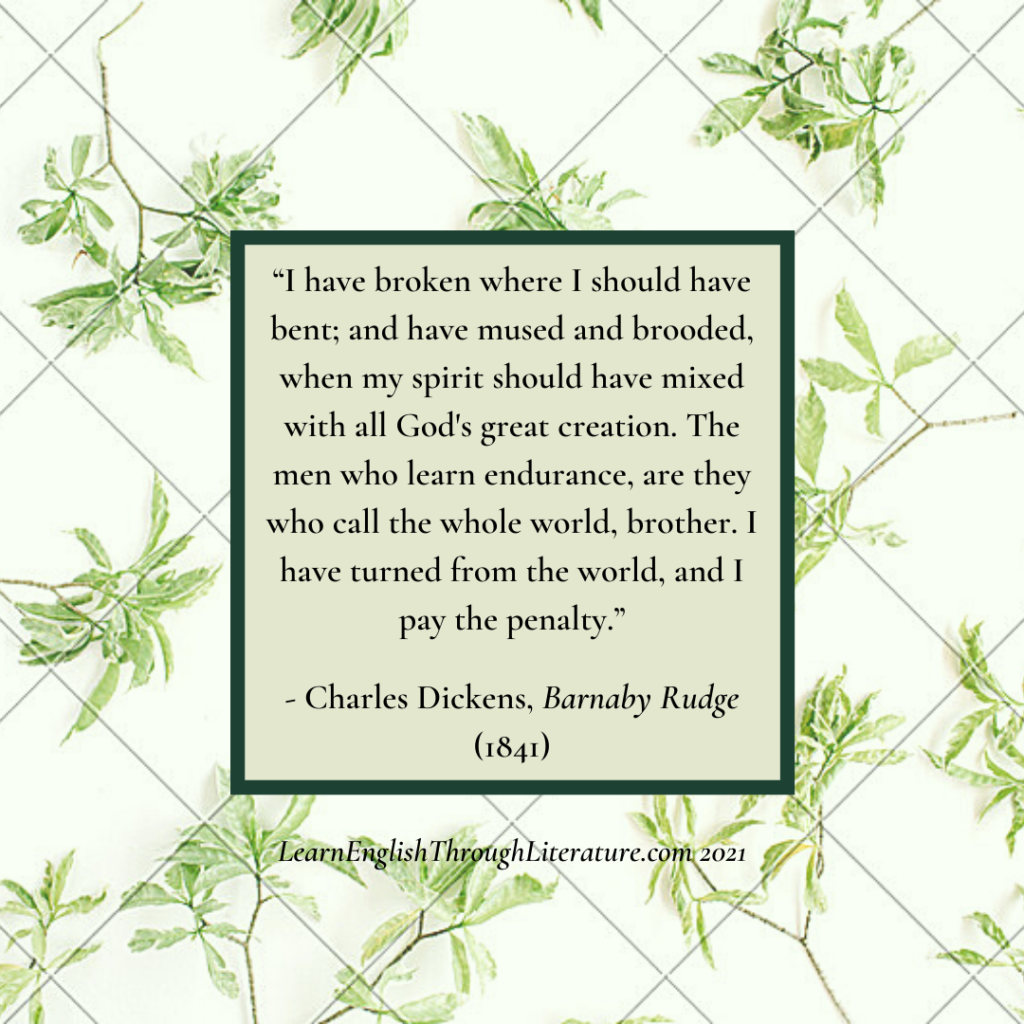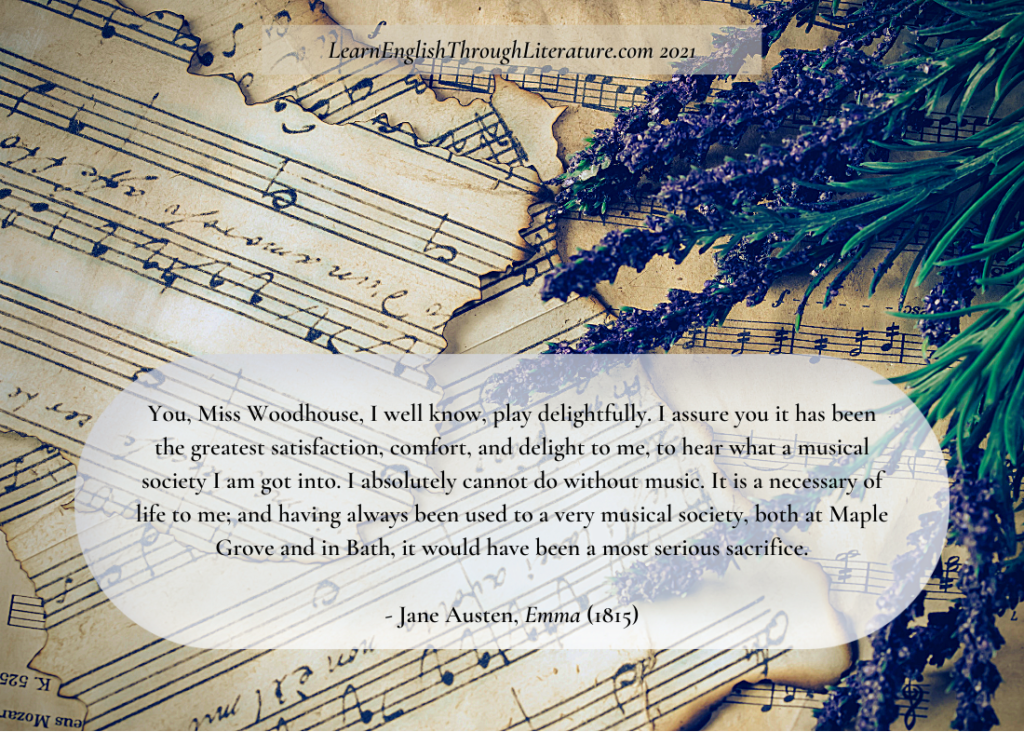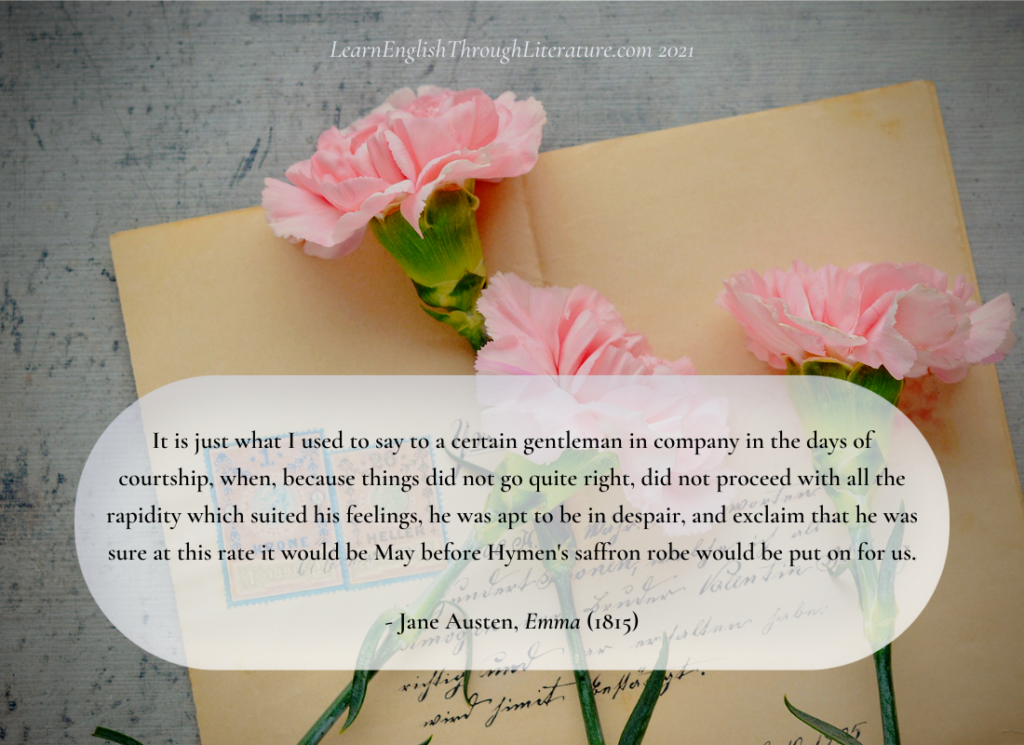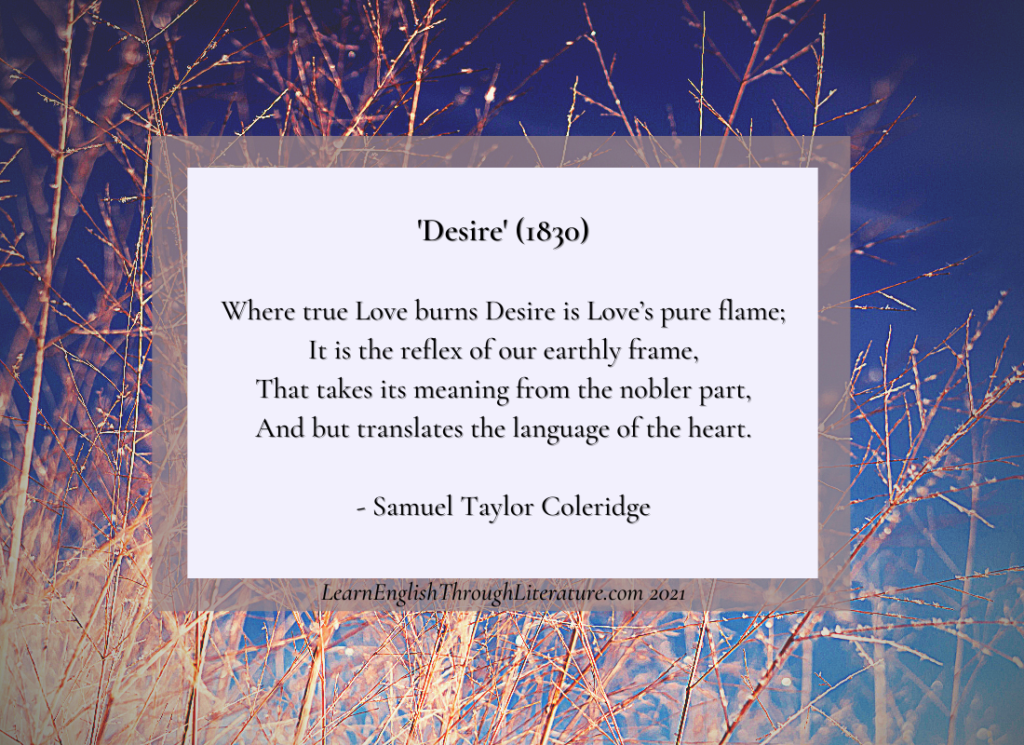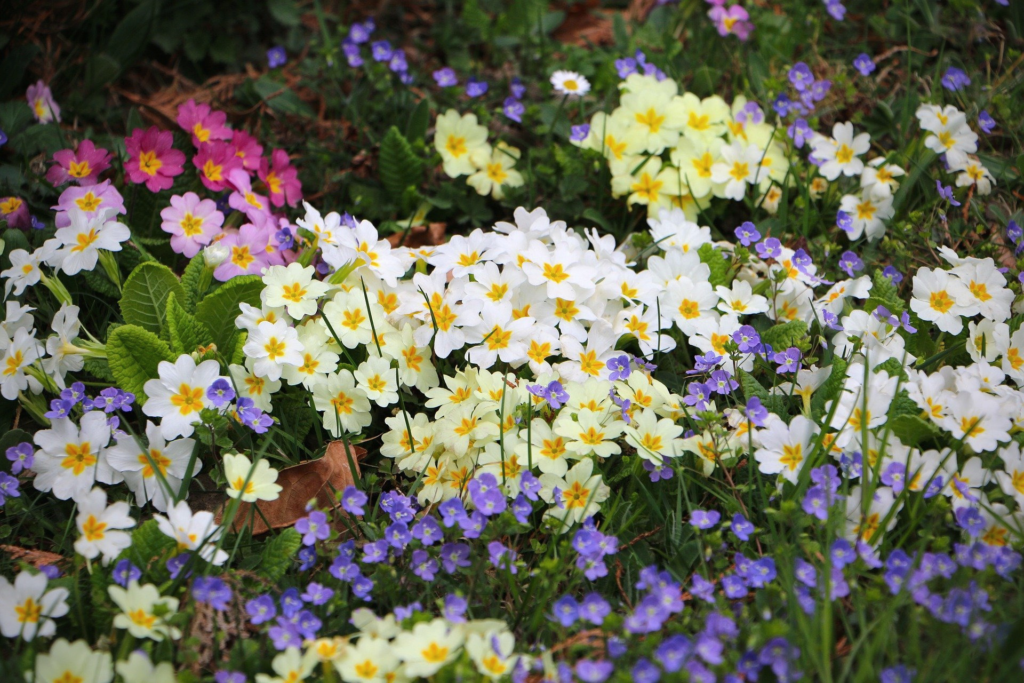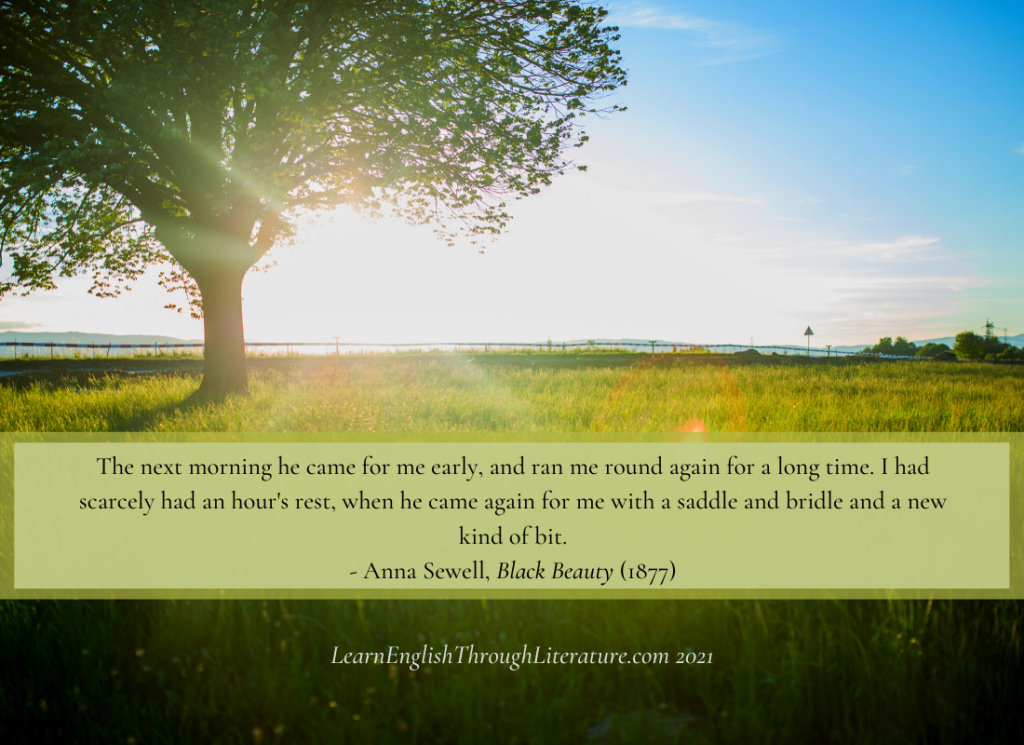Mini-Lesson Monday, Lesson #210 (Part 2): Intermediate and Advanced English Vocabulary (through Gaskell’s ‘North and South’)
Here we continue the story of Margaret Hale on her return to her parents’ country home in Helstone (a fictional village, probably based in Hampshire, England). … 📗 # FROM GASKELL’S NORTH AND SOUTH And walk Margaret did, in spite of the weather. She was so happy out of doors, at her father’s side, that […]

